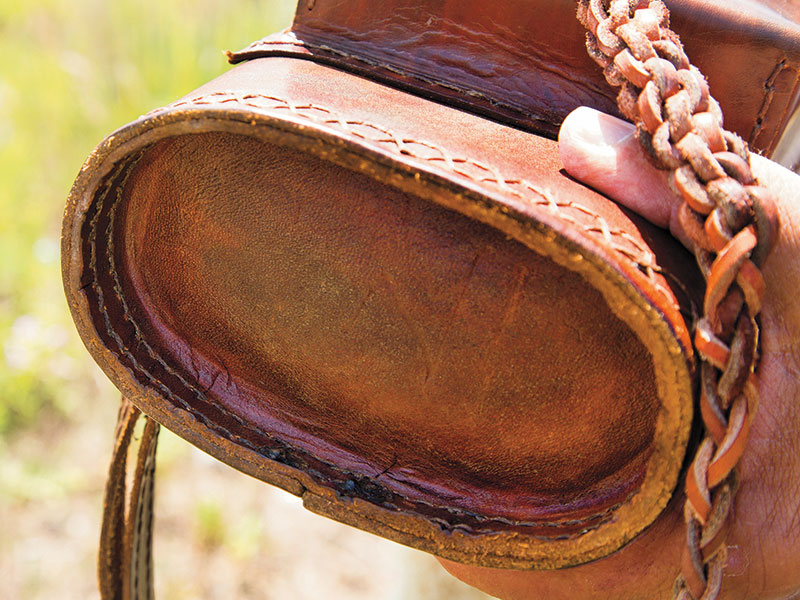

Tremble (move or jerk quickly and involuntarily up and down or sideways) Present simple: I / you / we / they quiver. Shudder tremor (an involuntary vibration (as if from illness or fear)) Motility motion move movement (a change of position that does not entail a change of location)
#QUIVER MEANING IN ENGLISH PORTABLE#
Quiver (shake with fast, tremulous movements)Ĭase (a portable container for carrying several objects)

Tremor (shaking or trembling (usually resulting from weakness or stress or disease)) Tremolo ((music) a tremulous effect produced by rapid repetition of a single tone or rapid alternation of two tones) Hyponyms (each of the following is a kind of "quiver"): The shaking of his fingers as he lit his pipe Palpitation quiver quivering shakiness shaking trembling vibration Ukrainian: тремті́ння ( tremtínnja ), тре́мор ( trémor ) ( medical )įrom Middle English quiver, cwiver, from Old English *cwifer, probably related to cwic ( “ alive ” ).An almost pleasurable sensation of frightĬhill frisson quiver shiver shudder thrill tingleįear fearfulness fright (an emotion experienced in anticipation of some specific pain or danger (usually accompanied by a desire to flee or fight)).French: tremblement (fr), frisson (fr), frémissement (fr) (of a person, of a voice).Czech: záchvěv m, zachvění n, třes (cs) m, třesení n, chvění (cs) n.Spanish: aljaba (es) f, carcaj (es) m, goldre m.Portuguese: aljava (pt) f, fáretra f, carcás m.

Malayalam: please add this translation if you can.Kannada: please add this translation if you can.Galician: carcán m, goldre m, coldre m, alxaba f, carcás m.Estonian: please add this translation if you can.Azerbaijani: oxdan, oxqabı, sadaq, oxluq.( weaponry ) A container for arrows, crossbow bolts or darts, such as those fired from a bow, crossbow or blowgun.Replaced early modern cocker, the inherited reflex of that West Germanic word. ( General American, Canada ) enPR: kwĭˈvər, IPA ( key): /ˈkwɪvɚ/įrom Middle English quiver, from Anglo-Norman quivre, from Old Dutch cocare (source of Dutch koker, and cognate to Old English cocer ( “ quiver, case ” )), from Proto-West Germanic *kukur ( “ container ” ), said to be from Hunnic, possibly from Proto-Mongolic *kökexür ( “ leather vessel for liquids ” ) see there for more.( Received Pronunciation ) IPA ( key): /ˈkwɪvə/.


 0 kommentar(er)
0 kommentar(er)
